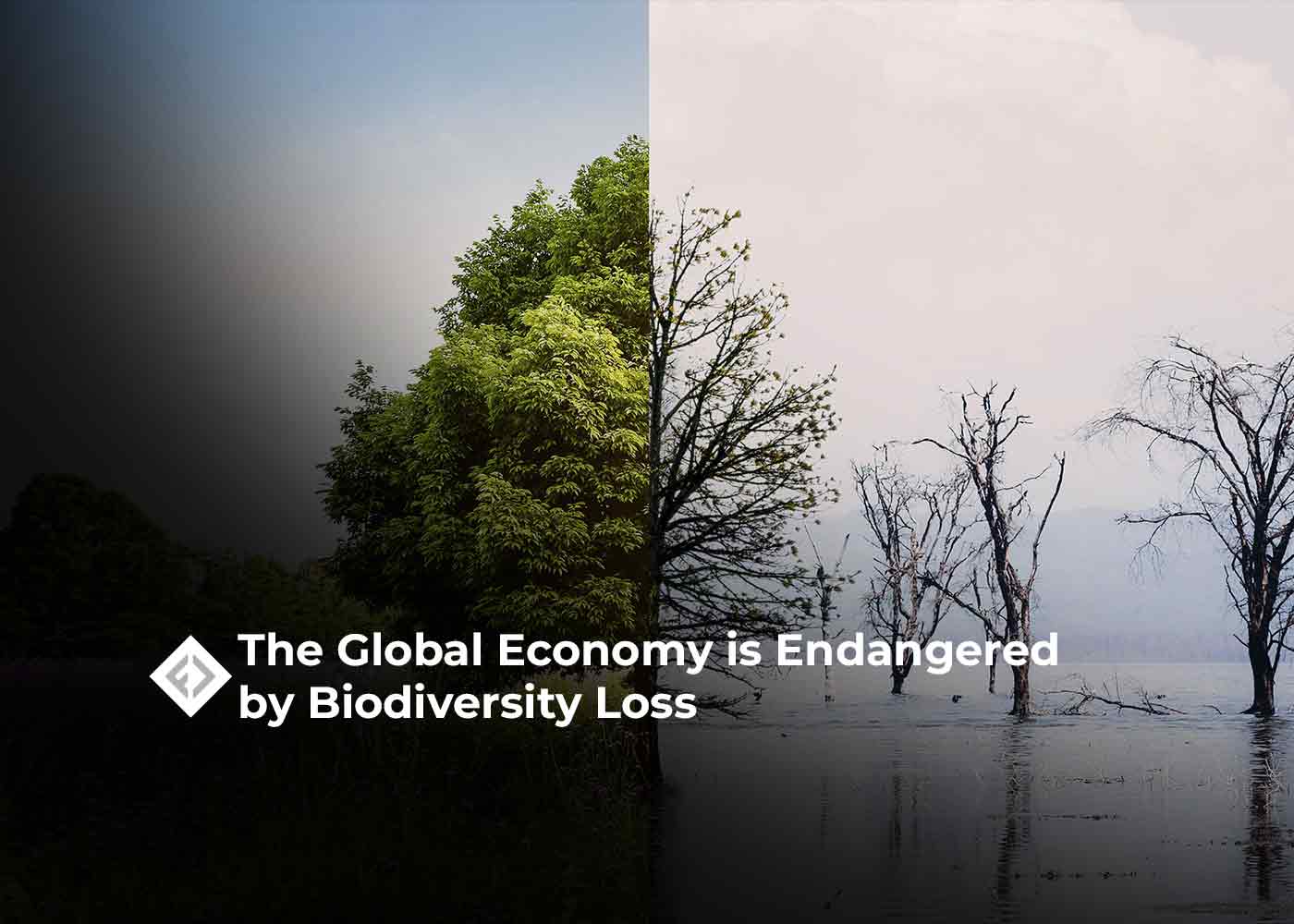No matter if you hail from an urban setting, rural area, or the coast, it is certainly possible that you have observed a decrease in biodiversity. Maybe your birdfeeders no longer attract as many feathered visitors as before; large mammals are rarely spotted near fields and forests near where you live; catches on fishing trips might seem smaller than usual. We are sadly witnessing a catastrophic decline of biodiversity upon which the entire economy depends – something we must work together to prevent!
There Is A Global Effort To Protect Nature
At the 2022 United Nations Biodiversity Conference (COP15) in Montreal, Canada, delegates worked tirelessly to reverse the rapid depletion of animals, plants, and insects. UN Secretary-General António Guterres set a powerful tone for attendees with his opening address; he implored them that this was “our chance to stop this orgy of destruction” caused by humanity’s imbalances with nature. This conference is an opportunity to take action against environmental hazards and promote biodiversity through a global agreement. Now more than ever, we must act before it is too late – let us work together toward a brighter future!
António Gueterres, UN Secretary-General, has recognized the grave destruction to Earth’s environment taking place worldwide. A recent U.N Global Land Outlook assessment reported that more than 1 million species faced extinction at an unprecedented rate of 10 million years ago. Additionally, a startling 40% of land surfaces have been degraded due to human activities such as food production, infrastructure building, and mining – with research by the International Union for Conservation of Nature showing this accounts for 79% of all negative effects on threatened species!

Establishing an Eco-Friendly Economy is Quite Critical
To move away from destructive human behavior and onto a nature-positive economy, we must fundamentally transform our systems. The World Economic Forum’s New Nature Economy Report II clearly outlines these changes necessary for reversing the rapid loss of biodiversity that could have devastating effects on both the economy and all life on Earth if not addressed soon. Without these decisive transitions, irreversible destruction is inevitable with far-reaching consequences.
The recent report is a dire reminder of how our reckless destruction of nature can have far-reaching implications, warning that over half the world’s economic output (approximately $44 trillion) could be at risk due to humanity’s dependence on nature and its services. To put this into context, biodiversity loss has been identified as one of the top three most devastating threats facing us in the next decade, according to the World Economic Forum’s Global Risks Report 2022.
You may be interested in: India Becomes a New Hub for Petroleum Products











